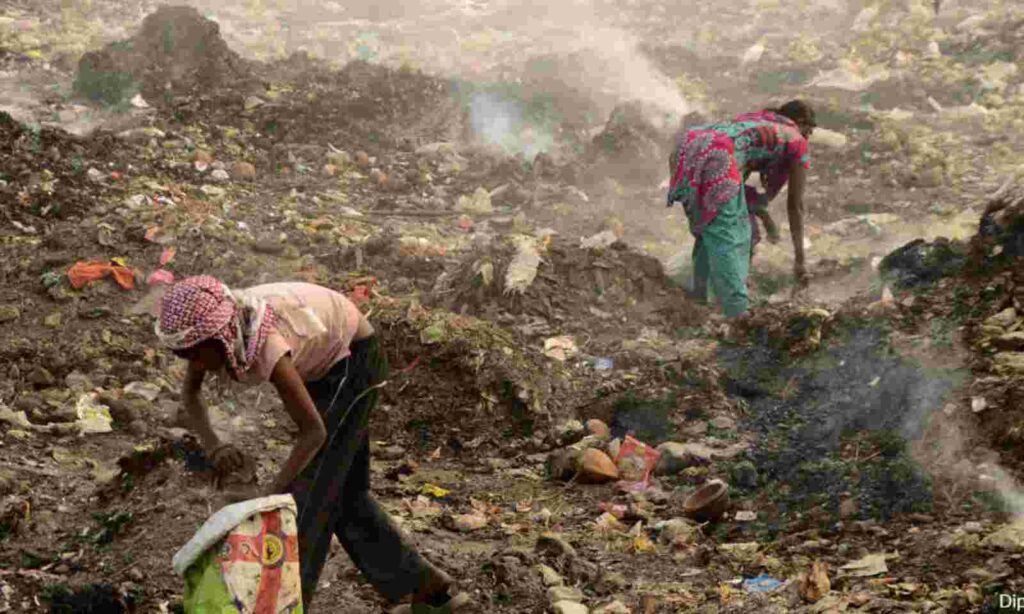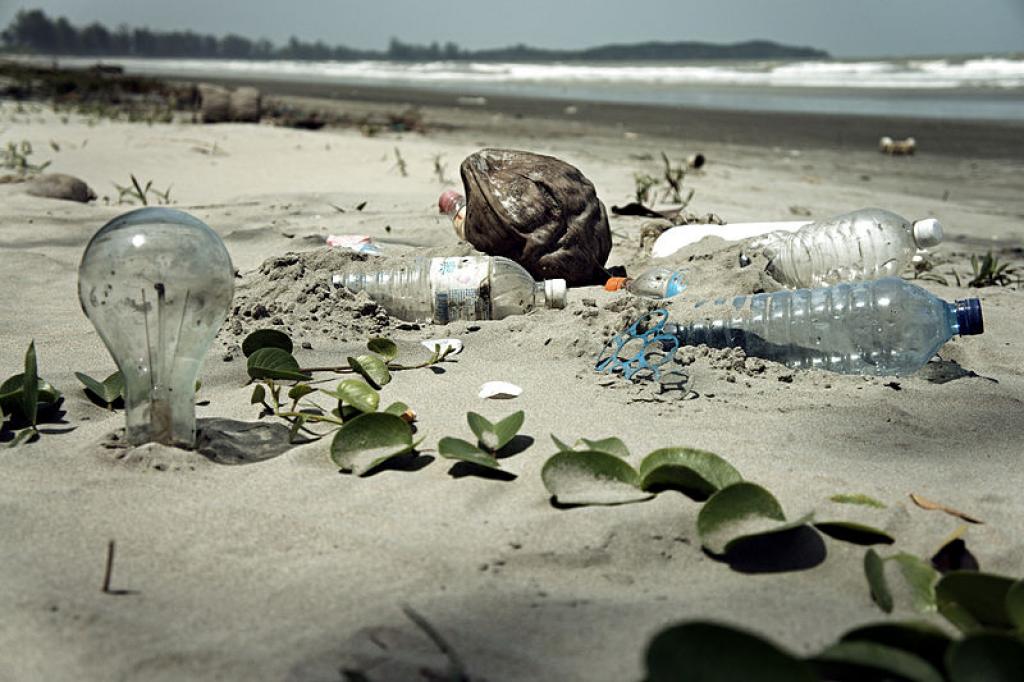Odisha, located on the eastern coast of India, is a state known for its rich agricultural resources and diverse ecosystems. However, like many other parts of the world, Odisha faces the problem of soil pollution. Soil pollution refers to the contamination of soil with harmful substances that have adverse effects on plant and animal life, as well as human health.
One of the main causes of soil pollution in Odisha is the excessive use of chemical fertilizers and pesticides in agriculture. Although these chemicals help increase crop production, they also have long-term detrimental effects on the soil. The continuous use of chemical fertilizers leads to a decrease in soil fertility, as it disrupts the natural composition of the soil, reduces essential nutrients, and alters the pH balance. Pesticides, on the other hand, can persist in the soil for a long time and contaminate groundwater, leading to further pollution.
Another significant source of soil pollution in Odisha is industrial activities. The state has several industries, including mining, thermal power plants, and chemical manufacturing, which generate a large amount of waste and pollutants. Improper disposal of industrial waste, such as heavy metals, acids, and toxic chemicals, contaminates the soil and poses a serious threat to both the environment and human health. These pollutants can seep into the ground and can also be carried by wind and rain, spreading the contamination to a wider area.
In addition to chemical and industrial pollution, improper solid waste management and sewage disposal contribute to soil pollution in Odisha. Open dumping of solid waste and untreated sewage introduce harmful pathogens and chemicals into the soil, making it unfit for agriculture and posing a risk to public health. The leachate from landfills can also seep into the soil, further degrading its quality.

The consequences of soil pollution in Odisha are far-reaching. Contaminated soil affects crop productivity, leading to reduced yields and even crop failure. Farmers have to rely heavily on chemical inputs to maintain production levels, which adds to the pollution problem. Moreover, polluted soil poses health risks for those consuming the crops grown on contaminated land, as hazardous substances can accumulate in the food chain. The pollution also affects biodiversity, as many species rely on healthy soil for their survival.
To address the issue of soil pollution in Odisha, several measures need to be taken. Firstly, there should be a shift towards sustainable and organic farming practices. Farmers should be encouraged and provided with support to adopt methods such as crop rotation, organic composting, and integrated pest management.
This will help restore soil fertility and reduce reliance on chemical inputs. Strict regulations and monitoring should be in place to ensure industries adhere to environmentally friendly practices, including proper waste management and treatment. Improved solid waste management systems and sewage treatment facilities should be established to prevent contamination of the soil. Additionally, awareness campaigns and educational programs should be conducted to inform the public about the harmful effects of soil pollution and the importance of responsible waste disposal.
Soil pollution is a growing concern in Odisha, threatening the state’s agricultural productivity and environmental well-being. It is imperative that immediate action be taken to address this issue. By promoting sustainable practices and implementing effective waste management strategies, we can work towards restoring the health and integrity of Odisha’s soil and safeguarding the future of its ecosystems and communities.
You can read our another post on Biju Patnaik :Architect and Builder of Modern India

Write A FAQ For Soil Pollution in Odisha
What is soil pollution in Odisha?
Soil pollution in Odisharefers to the contamination of the soil in the state with hazardous substances, such as heavy metals, chemicals, and other pollutants. This pollution can have harmful effects on the environment, agriculture, and human health.
What are the causes of soil pollution in Odisha?
Various factors contribute to soil pollution in Odisha, including industrial activities, improper waste disposal, use of chemical fertilizers and pesticides in agriculture, mining activities, and urbanization. These activities introduce pollutants into the soil, altering its composition and contaminating it.
How does soil pollution impact agriculture in Odisha?
Soil pollution can have severe consequences for agriculture in Odisha. Contaminants in the soil can enter the food chain and affect crop growth, resulting in reduced yields and poor quality produce. This can have significant economic implications for farmers and the overall food security in the state.
What are the environmental risks associated with soil pollution in Odisha?
Soil pollution in Odisha poses several environmental risks. Contaminants can leach into groundwater, contaminating water sources and affecting aquatic ecosystems. Polluted soil can also negatively impact biodiversity and disrupt the natural balance of ecosystems, leading to long-term damage to the environment.
How can soil pollution in Orissa be prevented or controlled?
Preventing and controlling soil pollution in Odisha requires a multi-faceted approach. This includes implementing proper waste management systems, promoting sustainable agricultural practices, minimizing the use of chemical inputs, enforcing regulations on industrial pollution, and raising awareness about the importance of soil conservation and pollution prevention measures. Collaboration between government, industries, farmers, and the community is crucial to effectively address soil pollution in Odisha.
